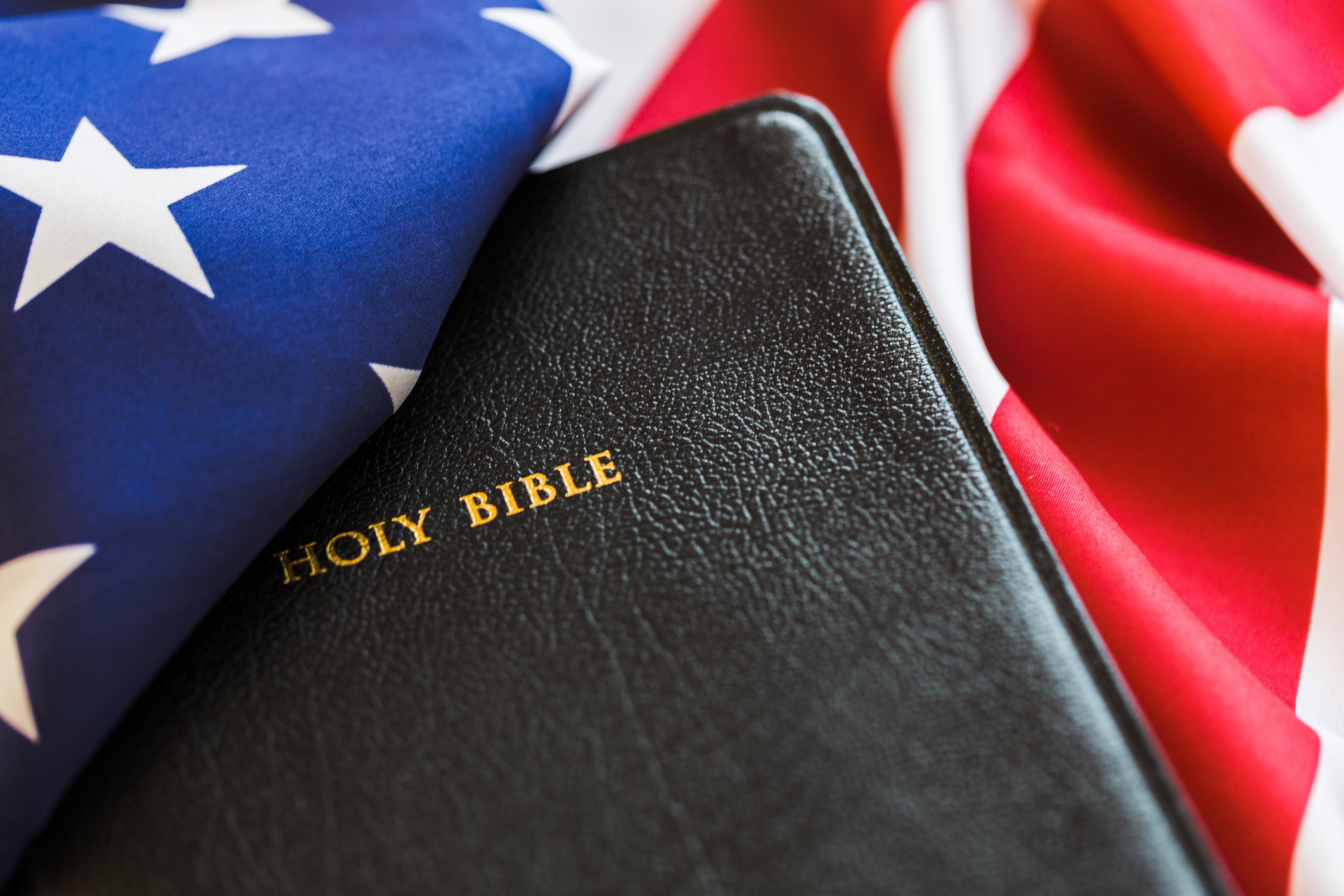
WASHINGTON (BP) — A Southern Baptist entity head and lawmaker have applauded a newly proposed rule to protect the rights of faith-based organizations that contract with the federal government.
 The Department of Labor (DOL) announced the proposal Aug. 14, saying the rule guarantees “conscience and religious freedom are given the broadest protection permitted by law.” The regulation clarifies churches and other religious organizations that act as federal contractors may hire and fire based on their sincerely held beliefs without fear of being penalized by the government.
The Department of Labor (DOL) announced the proposal Aug. 14, saying the rule guarantees “conscience and religious freedom are given the broadest protection permitted by law.” The regulation clarifies churches and other religious organizations that act as federal contractors may hire and fire based on their sincerely held beliefs without fear of being penalized by the government.
Patrick Pizzella, acting secretary of labor, said in a written statement, “As people of faith with deeply held religious beliefs are making decisions on whether to participate in federal contracting, they deserve clear understanding of their obligations and protections under the law.”
Southern Baptist ethicist Russell Moore expressed gratitude that the Department of Labor “is showing a proper concern for protecting religious freedom.”
“Regulations like these matter for the same reasons the Trinity Lutheran Supreme Court decision matters,” said Moore, president of the Ethics & Religious Liberty Commission, in referencing a 2017 opinion that granted churches the freedom to participate in government programs with secular purposes.
“We don’t want a state taking it upon itself to judge theology or to privilege some religious beliefs over others,” Moore said in written comments. “The same First Amendment principles ought to apply to federal contracting.”
U.S. Sen. James Lankford, R-Okla., called the rule an “important clarification.”
“Faith based-entities provide vital work in our communities and much of their work is targeted towards helping the most vulnerable in our society,” said Lankford, a Southern Baptist, in a written release. He thanked the Trump administration for the clarification “to ensure faith-based entities, with sincerely held religious beliefs, have the ability to hire people that share their faith mission and carry out their work consistent with that faith mission even if they are awarded a federal contract.”
The proposed regulation is based on the 1964 Civil Rights Act and its 1972 modification, previous executive orders and recent Supreme Court opinions related to religious freedom, according to the rule.
The proposed regulation seeks to clarify that the religious exemption in a 1965 executive order from President Johnson “covers not just churches but employers that are organized for a religious purpose, hold themselves out to the public as carrying out a religious purpose, and engage in exercise of religion consistent with, and in furtherance of, a religious purpose.”
The rule “is also intended to make clear that religious employers can condition employment on acceptance of or adherence to religious tenets without sanction by the federal government, provided that they do not discriminate based on other protected bases,” it says.
The regulation cites the following high court rulings in support of its guidance: Hosanna-Tabor Evangelical Lutheran Church v. EEOC (2012); Burwell v. Hobby Lobby Stores (2014); Trinity Lutheran Church v. Comer (2017); and Masterpiece Cakeshop v. Colorado Civil Rights Commission (2018).
All of these opinions are considered victories for conscience and/or religious liberty rights, and the new rule says, “Although these decisions are not specific to the federal government’s regulation of contractors, they have reminded the federal government of its duty to protect religious exercise — and not to impede it.”
The proposed regulation “is consistent” with these rulings, “which established that religious organizations do not have to abandon their religious beliefs or identity to participate in public-private partnerships,” said Emilie Kao, a religion and civil society specialist for The Heritage Foundation, in written remarks. “The rule benefits not only religious employers, but all those whom they serve.”
Some gay rights and civil liberties organizations criticized the proposed rule.
The Human Rights Campaign (HRC) — the country’s largest lesbian, gay, bisexual and transgender (LGBT) civil rights organization — said the proposal violates a 2017 promise by President Trump to uphold a 2014 executive order by President Obama. That Obama order amended Johnson’s 1965 order to protect LGBT employees of federal contractors from discrimination.
The proposal “is a broad and sweeping effort to implement a license to discriminate against people on the basis of their gender identity and sexual orientation,” HRC President Alphonso David said in a written statement. “The Trump administration needs to withdraw this proposed regulation and stop these attacks on [LGBT] people.”
The White House denied Trump had broken his promise.
“In no way does [the] announcement by the Department of Labor undermine the President’s promise and commitment to the LGBTQ community,” the administration said in a statement for the newspaper The Hill. “The proposed rule will continue to responsibly protect religious freedom and members of the LGBTQ community from discrimination.”
Public comment on the proposed rule may be submitted until Sept. 16.
















